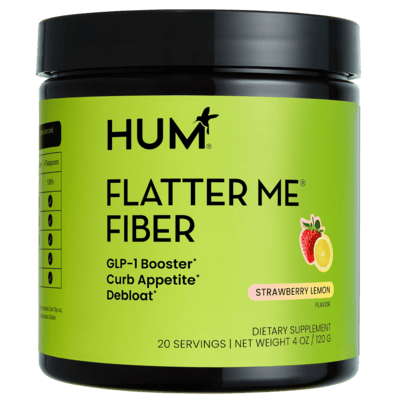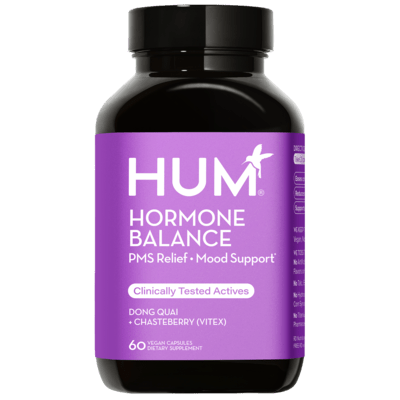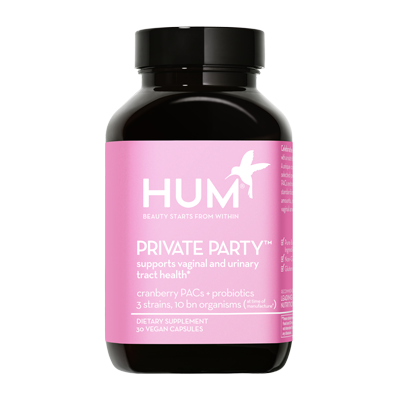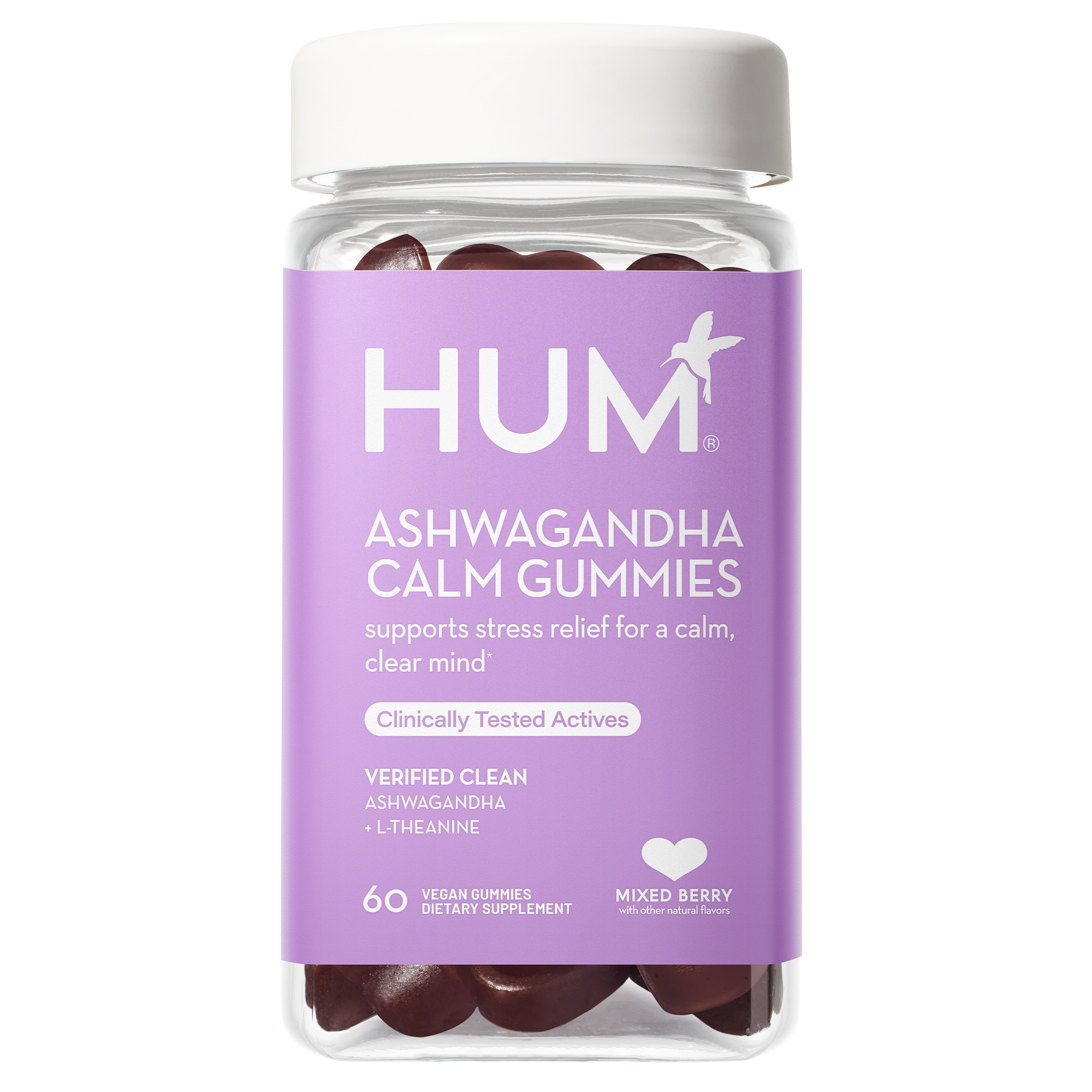Ever wonder why you’re suddenly starving an hour after eating? Or why your energy may experience a crash mid-afternoon for no reason? Or do your moods seem to shift on a dime? Welcome to the world of hormones–all too relatable!

Hormones are the body’s tiny chemical messengers that quietly influence everything from your sleep and stress to your cravings, weight, and even your skin. Most of the time, you don’t even notice they’re there—until they’re trying to get your attention. That’s when understanding your hormones becomes a game-changer.
Whether you’re looking to understand why you feel off some days, or you’re curious how to better support your body, getting a handle on your hormones is a smart move. And the good news? With the right knowledge (and a little help from science-backed supplements), you can help support hormonal balance naturally.
Let’s get into what hormones do, how they affect your body, and the key players you should know.
What Are Hormones and What Do They Do for the Body?
Hormones are chemicals produced by glands in the endocrine system, and they’re released into the bloodstream. They act as messengers, traveling through your body to tissues and organs, regulating growth, metabolism, mood, reproduction, and more. Hormones are essential for maintaining homeostasis, or a balanced internal environment in the body, and they influence how our organs and tissues function. Hormones help regulate a wide range of essential functions, including:
- Metabolism (how your body uses energy)
- Mood and emotions
- Sleep and wake cycles
- Growth and development
- Reproduction and sexual health
- Hunger and fullness
- Stress response
Even small shifts in hormone levels can have noticeable effects, which is why keeping them in balance is so crucial for your overall health and well-being.
Here are some of the most important hormones and what they do in the body.
Hormones Explained and How to Balance Them
GLP-1
Glucagon-like peptide-1 (GLP-1) is a hormone naturally produced in the gut. It plays a major role in regulating glucose metabolism and appetite. When we eat, GLP-1 is released into the bloodstream, signaling the pancreas to release insulin, which helps lower blood sugar levels. GLP-1 also reduces hunger by signaling to the brain that we’re full, playing a major role in regulating our eating behaviors. Additionally, it slows down gastric emptying, which helps you feel satisfied for longer periods after eating. Due to its ability to regulate glucose levels and appetite, it’s widely used as a supplement to promote weight loss.
How HUM Supplements Provide Support: HUM’s Flatter Me Fiber GLP-1 Booster benefits GLP-1 levels by promoting its release supporting healthy digestion and promoting feelings of fullness. The supplement includes ingredients designed to boost fiber intake, which can help regulate gastric emptying and improve satiety, similar to how GLP-1 functions. By promoting these processes, Flatter Me may help further enhance appetite control and support healthier glucose metabolism, aligning with the natural role of GLP-1 in regulating hunger and blood sugar.
Estrogen
Estrogen is one of the primary sex hormones in females. The hormone regulates the menstrual cycle, supports reproductive health, and maintains bone density. During puberty, it triggers the development of secondary sexual characteristics like breast development and the widening of hips. Estrogen also affects mood, skin health, and cardiovascular function. As women approach menopause, estrogen levels decrease, which can contribute to symptoms like hot flashes, mood changes, and an increased risk of osteoporosis.
How HUM Supplements Provide Support: HUM’s Hormone Balance supplement can help balance estrogen levels and overall hormonal health. Hormone Balance also contains ingredients like Chaste Berry and Dong Quai, which are known to support healthy estrogen levels, alleviate symptoms of PMS, and help regulate hormonal fluctuations, especially during times like menopause, when estrogen levels drop.
Progesterone
Progesterone is another key hormone in the female reproductive system. It helps regulate the menstrual cycle by preparing the uterus for a possible pregnancy after ovulation. If pregnancy doesn’t occur, progesterone levels drop, which signals the start of a new menstrual cycle. If pregnancy does happen, progesterone continues to support the uterine lining and helps maintain a healthy pregnancy in the early stages. Beyond reproduction, progesterone has a calming effect on the body, promoting better sleep and emotional balance. It also works alongside estrogen to maintain hormonal balance—while estrogen stimulates tissue growth, progesterone helps moderate it. In short, progesterone is key not only for reproductive health but also for mood regulation and overall hormonal harmony.
How HUM Supplements Provide Support: Private Party promotes a healthy vaginal environment, which can indirectly support reproductive health. Hormone Balance also includes ingredients that help regulate hormone fluctuations, like those associated with progesterone, supporting menstrual cycle regularity and alleviating PMS symptoms. Both supplements work in tandem to help maintain hormonal equilibrium, improving mood, and overall reproductive health.
Leptin and Ghrelin
Leptin and ghrelin are hormones that regulate hunger and satiety, working in tandem to control appetite.
- Leptin is a hormone produced by fat cells and plays a key role in regulating hunger and energy balance. It acts as a messenger to the brain, letting it know when your body has enough stored energy (fat) and doesn’t need more food. When leptin levels are high, it signals that you’re full and can stop eating. On the other hand, when leptin levels are low, your brain gets the message that you’re running low on energy, which increases your appetite. This system is meant to help maintain a healthy weight and prevent overeating.
- Ghrelin, often referred to as the “hunger hormone,” is produced mainly in the stomach and is responsible for stimulating appetite. When your stomach is empty, ghrelin levels rise, sending a message to your brain that you’re hungry. This hormone not only encourages you to eat but also plays a role in meal initiation and food-seeking behavior. Once you’ve eaten, ghrelin levels decrease, contributing to the feeling of fullness and satisfaction after a meal. Ghrelin levels tend to rise before meals and fall afterward in a natural rhythm. Sleep deprivation, stress, and restrictive dieting can disrupt this pattern, leading to higher ghrelin levels and increased hunger—making it harder to stick to healthy eating habits.
Together, these hormones work to maintain a balanced energy intake and prevent overeating or under-eating.
How HUM Supplements Provide Support: Flatter Me Fiber GLP-1 Booster can ease feelings of hunger by improving digestion and enhancing satiety. The fiber in this supplement helps slow gastric emptying, similar to the way GLP-1 functions, keeping you feeling full for longer periods. In general, fiber can help stabilize hunger hormones, helping reduce hunger signals.
Cortisol
Cortisol is often referred to as the “stress hormone” because the adrenal glands produce it in response to stress. When you encounter a stressful situation, cortisol is released to help your body deal with the stressor by going into “fight or flight” mode. It increases blood sugar levels, boosts energy, and has anti-inflammatory effects. While cortisol is necessary for dealing with short-term stress, chronic stress can lead to elevated cortisol levels, which may negatively affect the body by increasing the risk of weight gain, anxiety, depression, and other health issues.
How HUM Supplements Provide Support: Ashwagandha Calm Gummies help manage cortisol levels by reducing feelings of stress and promoting a sense of calm. Ashwagandha is an adaptogen known for its ability to help the body adapt to stress and balance cortisol production. Incorporating these gummies into your routine can help support the body in managing stress more effectively, potentially lowering chronic cortisol levels which can help minimize the adverse effects associated with long-term stress, like weight gain and anxiety.
Insulin
Insulin is a hormone produced by the pancreas that regulates blood sugar levels. When you eat, carbohydrates in food are broken down into glucose (sugar), which enters the bloodstream. Insulin helps cells absorb this glucose for energy or storage. Proper insulin function is critical for maintaining stable blood sugar levels. When the body becomes resistant to insulin (as in type 2 diabetes), glucose builds up in the bloodstream, leading to various health problems. Overtime, poor diet, lack of exercise, and genetics can all lead to insulin resistance.
How HUM Supplements Provide Support: Flatter Me Fiber GLP-1 Booster can support insulin function by helping to regulate glucose metabolism. The fiber content helps slow gastric emptying, promoting more stable blood sugar levels. Enhancing satiety and supporting healthy digestion may also help and support balanced blood sugar levels, contributing to better overall insulin sensitivity.
FAQ Section
Can hormone imbalances cause weight gain?
Yes, hormone imbalances can contribute to weight gain. For example, insulin resistance, cortisol imbalances, and thyroid hormone deficiencies are all linked to increased weight gain or difficulty losing weight.
How do hormones affect mood?
Hormones like estrogen, progesterone, and cortisol play a significant role in regulating mood. For instance, low estrogen levels can contribute to feelings of depression and anxiety, while high cortisol levels due to stress can lead to irritability or anxiety.
Can diet affect hormone levels?
Absolutely. Diet can influence hormone production and balance. For example, a diet high in processed foods and sugar can lead to insulin resistance, while nutrient-dense foods can support healthy hormone production.
How can I balance my hormones naturally?
Maintaining a healthy diet, regular exercise, good sleep hygiene, and managing stress are all essential for keeping hormones balanced. Taking science-backed supplements—like those from HUM Nutrition—can also support hormone health by filling in nutritional gaps and promoting overall balance in the body. However, in some cases, medical treatment may be necessary to address imbalances.
The Takeaway on How to Balance Hormones
Hormones are essential in our bodies, influencing everything from metabolism to mood and reproductive health. By understanding what these hormones do and how they affect us, we can make better lifestyle choices to keep them balanced. Whether eating a nutrient-rich diet, managing stress, or getting enough sleep, taking care of your hormonal health is key to maintaining overall well-being. If you suspect you’re dealing with a hormone imbalance, consulting a healthcare professional is a good first step in getting back on track.

Perimenopause Explained: The Best Supplements and How to Ease Symptoms

2 Menstrual Periods in One Month? The Reasons Why and What to Do About It

Butthole Cramps? Everything You Need to Know About Anal Spasms and How to Alleviate the Discomfort











